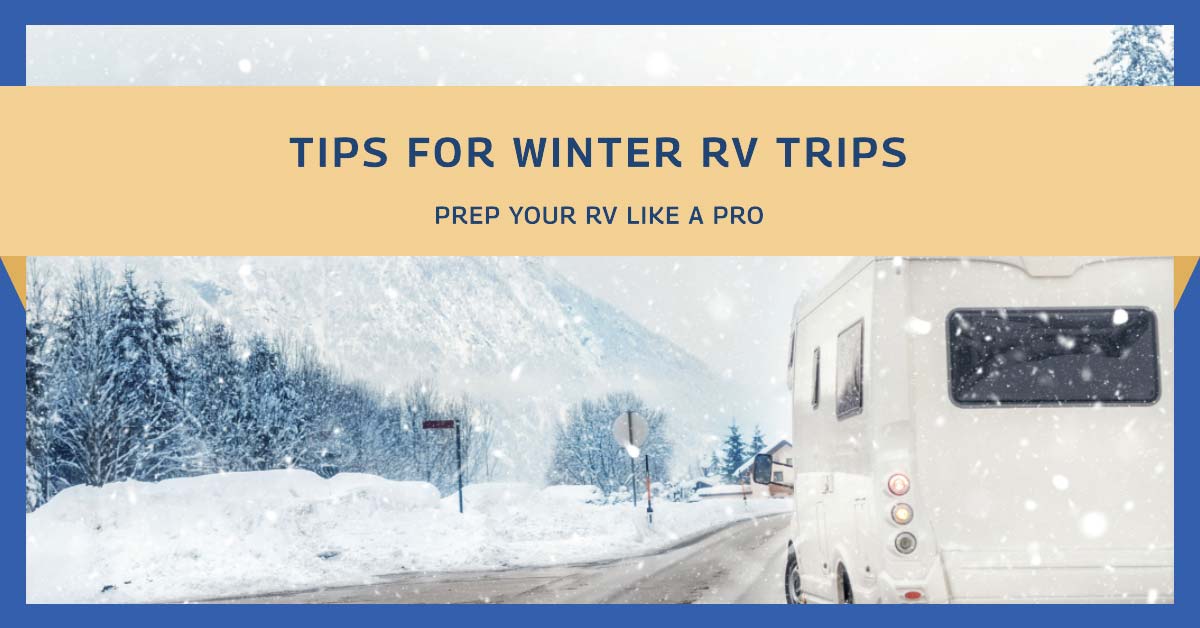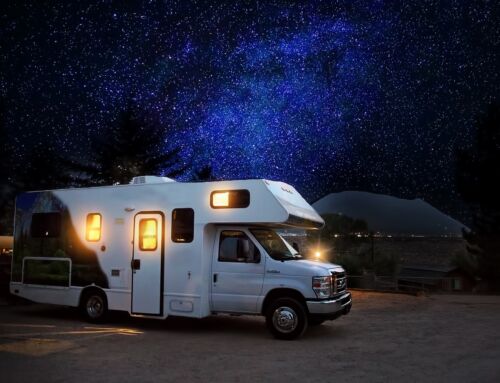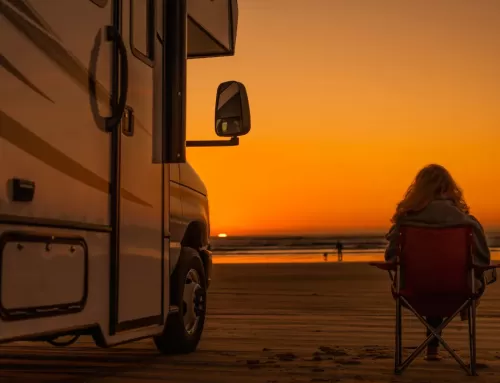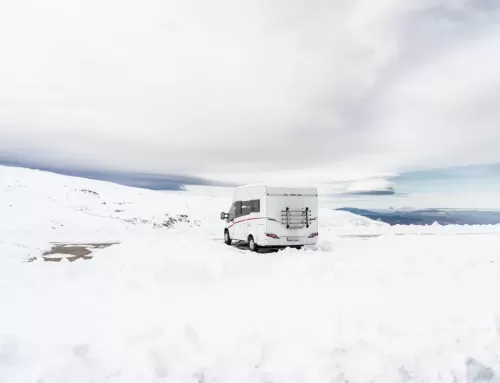As winter’s chill approaches, RV enthusiasts must prepare their homes-on-wheels for the unique challenges the season brings. From freezing temperatures to icy roads, ensuring your RV is winter-ready can make your journey safe and comfortable.
Topic and Key Points:
| Topic | Key Points |
|---|---|
| Insulating and Heating | Protecting pipes, proper heating systems |
| Winterizing the Exterior | Tires, body protection, seal checks |
| Safety Preparations | Driving precautions, emergency kits |
Insulating and Heating
Winter camping in an RV can be a cozy experience, but only if the vehicle is adequately insulated. Start by examining the insulation in walls, floors, and the ceiling. Insulated curtains or thermal window coverings can prevent heat loss, making the interior warm and comfortable.
Another significant concern for winter RVing is the potential for water pipes to freeze. Insulate water lines, especially those running outside the vehicle. Use foam pipe insulation or heat tape for this purpose. It’s also essential to empty the tanks before temperatures drop below freezing to prevent potential damage.
Moreover, while many RVs come with heaters, it’s crucial to check its efficacy. Consider adding a space heater for added warmth, but ensure you follow safety guidelines. Always have a carbon monoxide detector installed and working when using any heating appliances.
Winterizing the Exterior
Your RV’s exterior is the first line of defense against winter’s harshness. First, examine the vehicle’s tires. Ensure they are suitable for winter conditions. If you’re expecting snowy or icy terrains, consider investing in snow chains or winter-specific tires.
Protecting your RV’s paint and body from the elements is equally critical. A thorough wash and the application of a protective wax can act as a shield against road salts and other winter contaminants. If you’ve had recent body work done, check with a reputable place like Downtown Autobody to ensure all repairs are sealed and protected.
Windows and door seals are common areas for heat loss and moisture penetration. Check all seals, and if you find any gaps, consider resealing with RV-specific caulk. Properly sealed windows and doors ensure heat retention and prevent moisture build-up.
Safety Preparations
Winter roads present unique driving challenges. Always check weather forecasts before heading out and avoid driving during storms. Familiarize yourself with techniques for handling icy conditions and always maintain a safe speed.
Equip your RV with an emergency kit tailored for winter. This should include items like extra blankets, a flashlight with batteries, non-perishable food, bottled water, a first-aid kit, and necessary tools. In case of any breakdowns or emergencies, being prepared can make a significant difference.
It’s also a good idea to let someone know your travel route and expected return, especially if you’re heading to a remote location. This can ensure timely assistance if needed.
RV Winter Trip Checklist
Before setting out on your winter journey, it’s always a good idea to have a checklist handy to ensure you haven’t missed anything essential.
Here are the top 10 items to check:
- [ ] Insulation: Ensure adequate insulation in walls, floors, and the ceiling.
- [ ] Water System: Check and insulate water pipes, and empty tanks if temperatures are expected to drop below freezing.
- [ ] Heating System: Test RV heaters and consider additional space heaters.
- [ ] Tires: Inspect tire conditions, and ensure you have snow chains or winter tires if needed.
- [ ] Exterior Protection: Clean and apply protective wax to the RV’s exterior.
- [ ] Seals: Examine all window and door seals, and reseal if necessary.
- [ ] Emergency Kit: Pack a winter-specific emergency kit, including extra blankets and a flashlight.
- [ ] Driving Preparations: Familiarize yourself with winter driving techniques.
- [ ] Travel Route: Share your travel route and expected return with someone.
- [ ] Weather Forecast: Keep an eye on the weather, and avoid traveling during severe conditions.
Now you can conveniently tick off each item as you prepare your RV for your winter trip. Safe travels!
Conclusion
Preparing your RV for winter trips requires meticulous planning, both for the vehicle’s well-being and your comfort. Proper insulation, a winter-ready exterior, and safety precautions are essential. With the right preparations, winter RVing can be a memorable and delightful experience.
For those with further questions or seeking expert assistance in getting their RV winter-ready, contact Downtown Autobody. They are experienced professionals dedicated to ensuring your RV is in its best shape. And if your RV needs any work, don’t forget Downtown Autobody offers free loaner cars for your convenience. Safe and happy travels!





